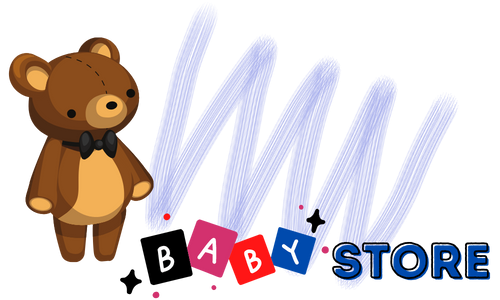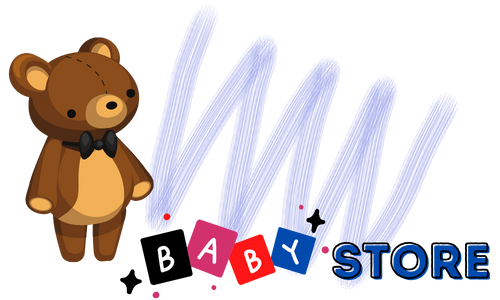Choosing the Right Game for Your Child's Age and Development
When it comes to choosing games for children, it's important to consider both their age and their developmental stage. Different games are appropriate for different age groups and can help children learn and grow in different ways. Here are some tips for choosing the right game for your child:
-
Consider your child's age: Age recommendations on games are there for a reason. They take into account a child's cognitive, physical, and emotional development. Games that are too difficult or too simple for a child's age can be frustrating and not very fun.
-
Look for games that align with specific learning goals: If your child is struggling with a specific subject in school, look for games that can help reinforce those skills. For example, if your child is working on math skills, look for games that focus on numbers, counting, and basic operations.
-
Consider your child's interests: Children are more likely to be engaged and motivated by games that interest them. If your child loves animals, look for games that feature animals or have an animal theme.
-
Check for safety and quality: It's important to make sure that the games you buy for your child are safe and of good quality. Look for games that are made with durable materials and that have been tested for safety.
-
Think about the game's replayability: Some games are designed to be played once and then put away, while others can be played over and over again. Consider how often your child will play the game and if it's worth the investment.
-
Look for games that encourage social interaction: Many educational games are designed to be played with other people. Playing games with others can help children develop social skills such as cooperation, communication, and problem-solving.
-
Consider the game's format: There are many different formats for games, from traditional board games to computer games and apps. Choose a format that you and your child are comfortable with and that works for your family's lifestyle.
By considering your child's age, developmental stage, interests, and specific learning goals, you can choose games that will be both fun and educational for your child. Remember that there are many different types of educational games available, so keep an open mind and be willing to try new things.















